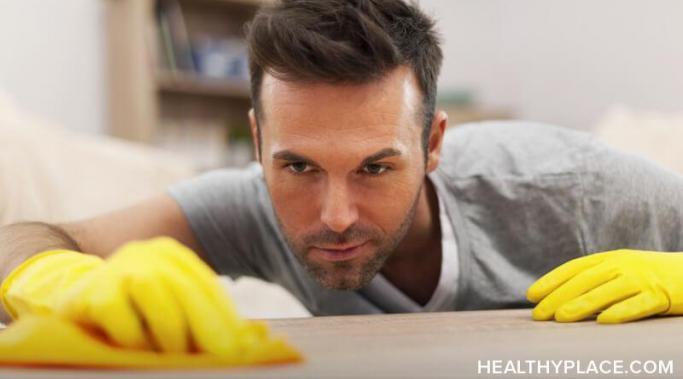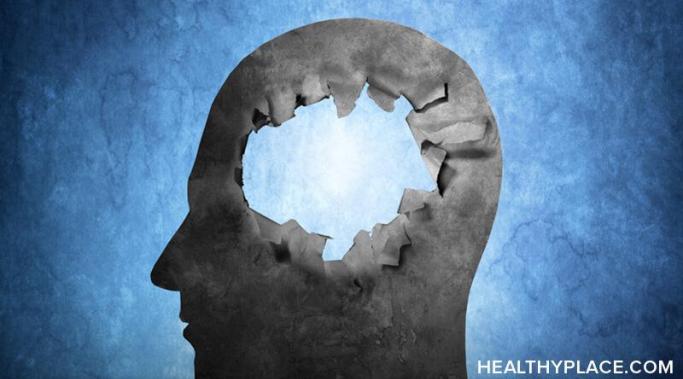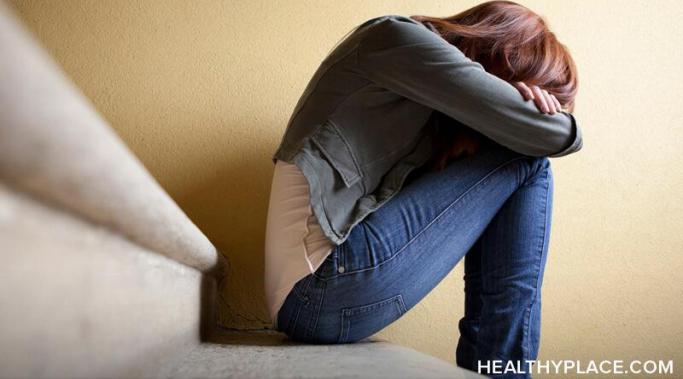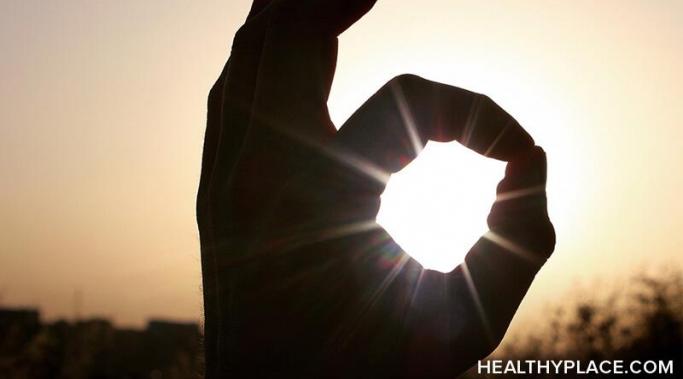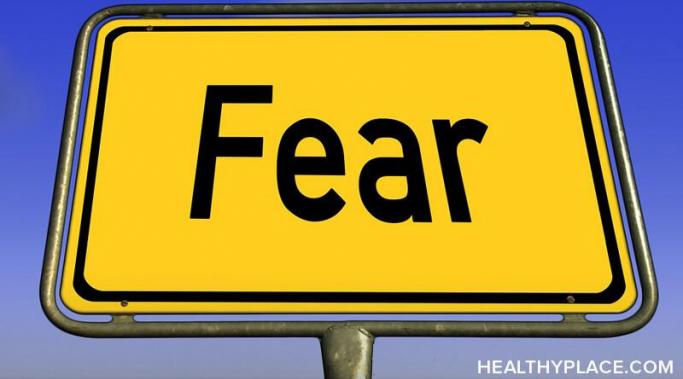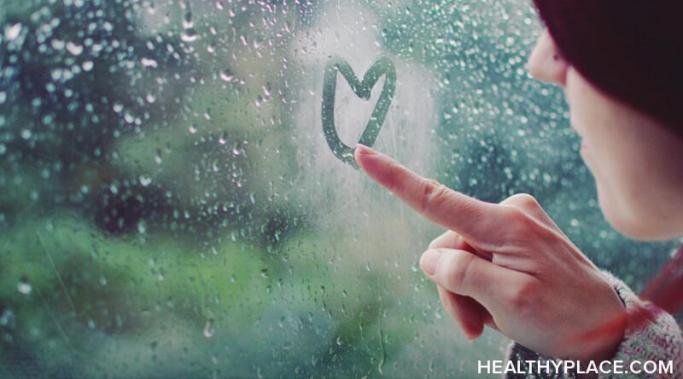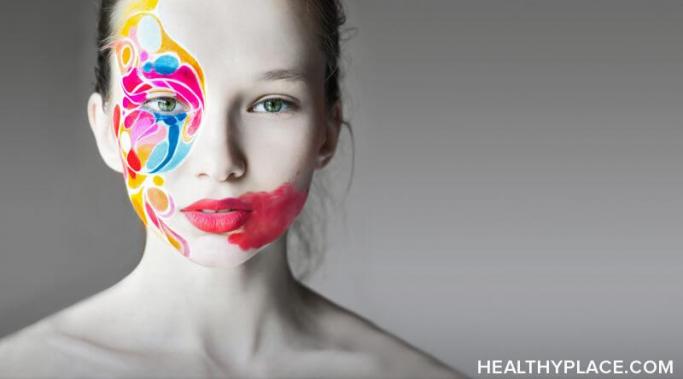Blogs
Perfectionism is a double-edged sword. While it can help you achieve greater things in your personal and professional life, it can also lead to a never-ending cycle of self-criticism and low self-esteem. Perfectionists tie their self-esteem to their achievements, and if things don't go to plan, they start feeling like they are failures which can destroy their confidence and even self-confidence.
In the 15 or so years that I've lived with depression, I’ve built a metaphorical toolbox of techniques and relationships that help me keep the darkness at bay. Two of these depression coping tools are my dogs. Here’s how bundles of fur and slobber, known as dogs, help me cope with depression.
My eating disorder relies on selective memory in order to maintain a stringent foothold in my life. Selective memories are enticing and compelling. They can also be quite dangerous. In fact, as I have come to realize, the presence of selective memory is often the difference between making continual strides in recovery or free-falling back into a cycle of relapse. What do I mean by this, and how am I learning to combat selective memory in my eating disorder? Let me explain.
For me, psychosis involves auditory hallucinations (hearing voices and sounds) and is the most dangerous part of my illness. The last time I went to the emergency room for symptoms of psychosis, the doctor asked me if I heard voices, and when I answered that I was, he asked an important question, "Do you do what the voices tell you to do?" And unfortunately, my answer was yes. If you can't immediately see the danger in this scenario, try to think of it this way, imagine taking orders from something that is not real. It's alarming. Schizophrenia, voices, combined with suicidal ideation, is even more alarming.
If you're a single person with bipolar disorder, surviving can be hard. Last time I outlined why this is in a piece about being alone with bipolar disorder, but this time, I'm focusing on successfully dealing with being a single person with bipolar disorder.
I’m Sammi Caramela, and I’m excited to join HealthyPlace as the new author of "Trauma! A PTSD Blog." I’ve lived most of my life in survival mode, but it wasn’t until I was in my early 20s that I realized I was suffering from posttraumatic stress disorder (PTSD) from early childhood trauma. Learning why I was suffering was crucial to healing from the extreme anxiety and depression I coped with on a regular basis.
Because I grew up with the label "shy" instead of "anxious," there are a lot of things I didn’t realize I do because of anxiety, and no one ever recognized them as anxious behaviors. It took me reading about them somewhere else or hearing someone else say them for the lightbulb to go off about my anxious behaviors.
Fear is an emotion I used to view in a negative light. However, understanding how fear influences my emotional state has helped me to harness its power and use it to my advantage. In certain situations, overcoming fear helps me achieve my goals, contributing to feelings of accomplishment, happiness, and a more vibrant life experience.
Two weeks ago, I embarked on a massive life change in sobriety. Moving away from the town where I got sober to begin a new chapter flipped my world upside down. I had to face my fear of change and part ways with the people, places, and things that kept me grounded for three years. My comfort zone was demolished, forcing me to start afresh.
Yesterday, I noticed an eyelash on my finger. I asked my husband Tom if wishing on eyelashes amounted to magical thinking, even though I already knew it did. I just wiped the eyelash away instead of wishing on it. I am trying to stop most forms of magical thinking.
